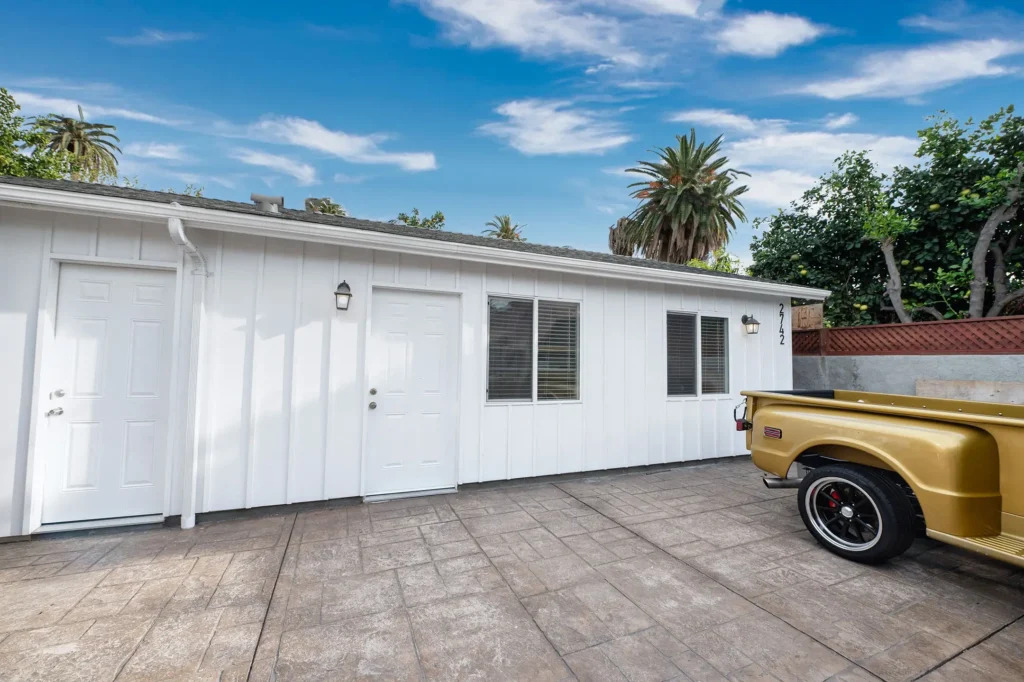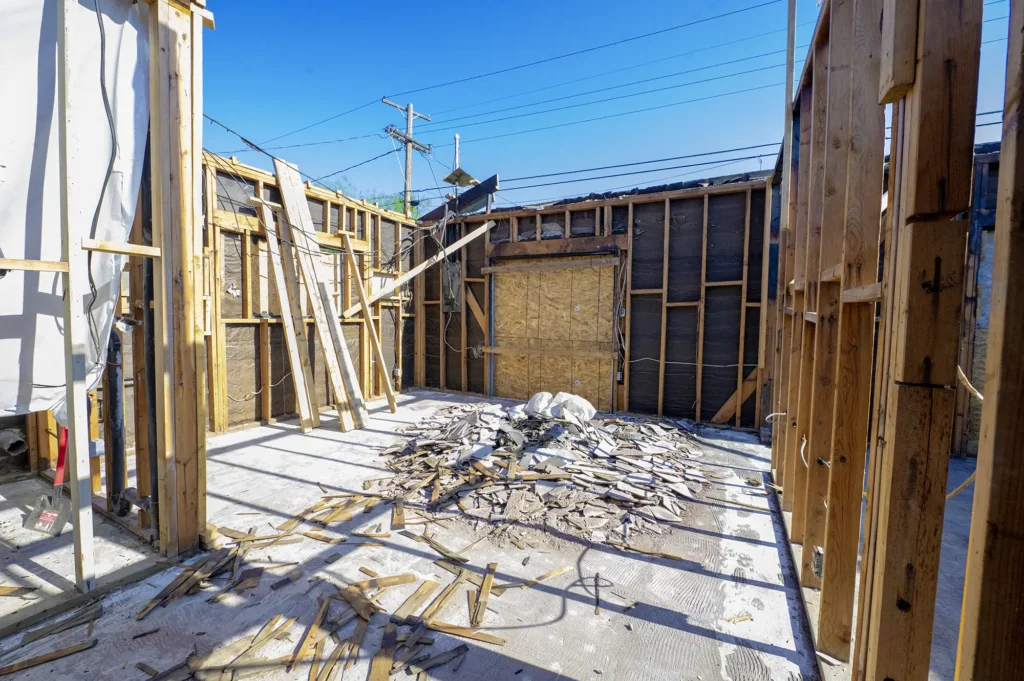
As the population in Southern California continues to grow, the demand for housing has increased exponentially. One solution that has gained popularity in recent years is the Accessory Dwelling Unit (ADU). In this blog, we will explore what an ADU is and its benefits for homeowners in the San Diego, Los Angeles, and Orange County areas.
An ADU, also known as a granny flat or mother-in-law suite, is a secondary dwelling unit on a single-family residential lot. These units can be attached to the main home, converted from existing space such as a garage, or built as a separate structure. ADUs can vary in size and style, from tiny homes to spacious apartments.
One of the main benefits of building an ADU is that it can provide homeowners with additional rental income. The high cost of living in Southern California makes it challenging for many families to afford housing. An ADU can provide a solution by creating a separate living space that can be rented out, generating additional income for the homeowner.
ADUs can also be used to provide housing for family members, such as aging parents or adult children who need a place to live. This allows families to stay together while providing independent living spaces for each member.
Another benefit of ADUs is that they can increase property value. As housing prices in San Diego, Los Angeles, and Orange County continue to rise, ADUs are becoming more desirable. Homebuyers are willing to pay a premium for properties that have the potential for rental income or additional living space.
In addition, ADUs are an environmentally friendly option. They are typically smaller than traditional homes, which means they require less energy to heat and cool. This can help reduce energy consumption and lower utility bills.
In conclusion, ADUs offer many benefits to homeowners in the San Diego, Los Angeles, and Orange County areas. They provide additional income, and housing for family members, increase property value and are environmentally friendly. If you are considering building an ADU, be sure to consult with a professional to ensure that you comply with local regulations and zoning laws.



